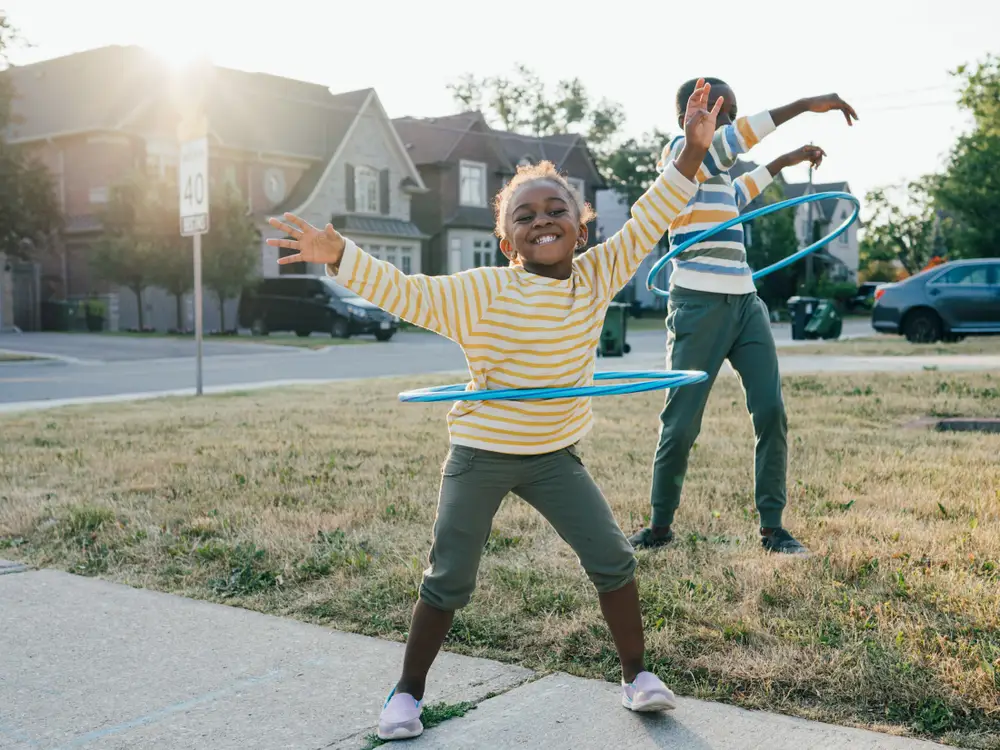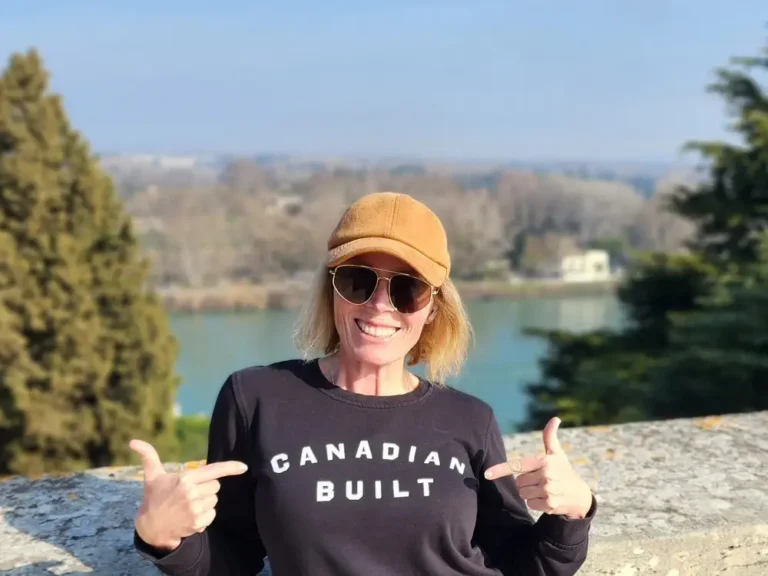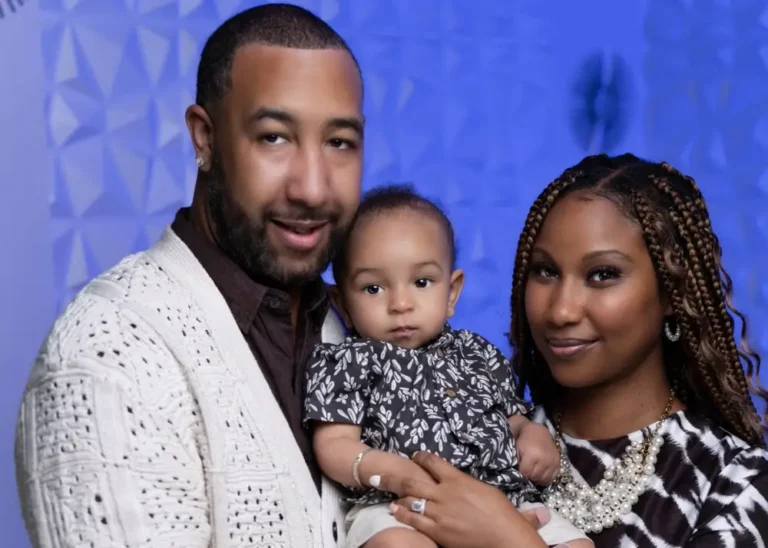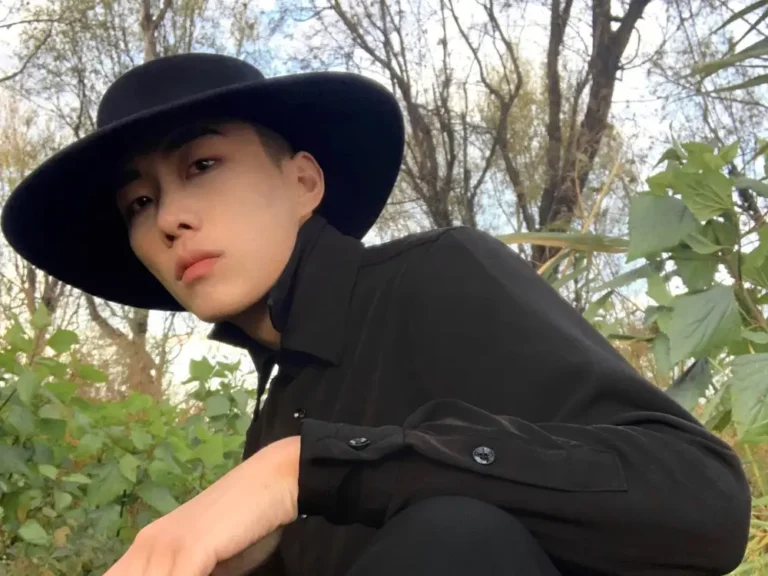I wanted to bring back the way kids played when I was growing up in the 90s, so I started a play club to foster independence

Weidmer believes that kids flourish during unstructured play.
This as-told-to essay is based on a conversation with Abigail Weidner, 36, a mom of three from Billings, Montana. It has been edited for length and clarity.
My kids socialized with a lot of kids in our former city of San Antonio. They had friends who lived on our cul de sac and we’d meet other children in the park.
By contrast, when we moved to our current home in Billings, Montana, we found local kids weren’t really around. We’d hang in the driveway to try to meet neighbors, but nobody was out and about. It made it hard for my two older kids — a 7-year-old daughter and a 5-year-old son — to make connections.
So, I took matters into my own hands and set up a play club called “Free Play Friday.” I was inspired by Lets Grow, a non-profit that encourages children to play independently without parents or teachers hovering over them.
I invited the kids of some moms I’d exchanged numbers within the neighborhood. It felt a bit odd reaching out to people I barely knew.
But I explained my vision from the beginning. The children would choose their own activities with minimal adult involvement. This would be a throwback to our childhoods in the 1990s and early 2000s when kids were less scheduled with after-school activities and often left to do their own thing.
The older kids help the younger ones
The parents stayed the first few times as we got to know each other. After a while, they dropped off their kids or walked to the club on their own. I took turns hosting with another mom.
It felt especially important for my daughter and another child her age to take ownership of their play. They helped the younger ones participate in things like pop-up art classes.
The older ones rotated as “the teacher” and invented various projects. Around Thanksgiving, my daughter prepared a turkey craft ahead of time. She cut out the pieces they’d need and walked them through the steps without my involvement.
Another time, one of the kids brought in some papers that were different colors. “Let’s make them into flags,” he said. The project was the kids’ self-assigned activity that afternoon.
Other times, I’ve seen them setting up cones in the backyard to do sports like soccer or ride their bikes. They found a kite and ran around. It was refreshing to them because it was unstructured play.
I left the garage door open so other kids could join
Rules were kept to a minimum. No one could play in the front yard alone, and they had to clean up after themselves before they went back home.
It gradually became more natural for the children to interact without interference. We trusted them to work things out on their own and manage arguments. It fostered independence — a quality that will help them in the future.
Meanwhile, it was unseasonably warm this fall. I deliberately left the garage door open in case any kids who were passing by wanted to join in. It was a sign that we were a household that welcomed kids who wanted to experience the fun of free play.





